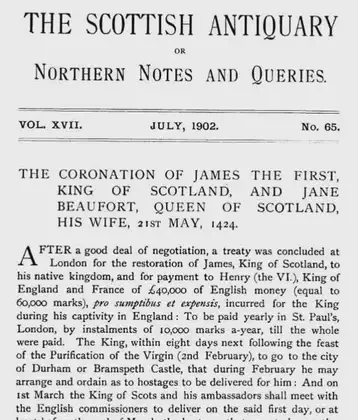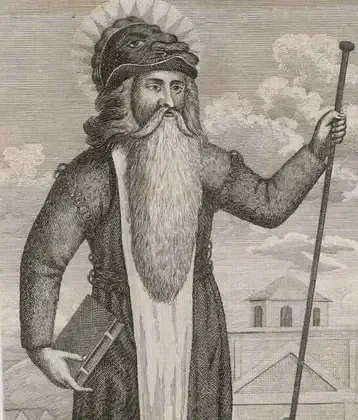On December 04, 1795 in Celtic History
Thomas carlye, scottish historian, born
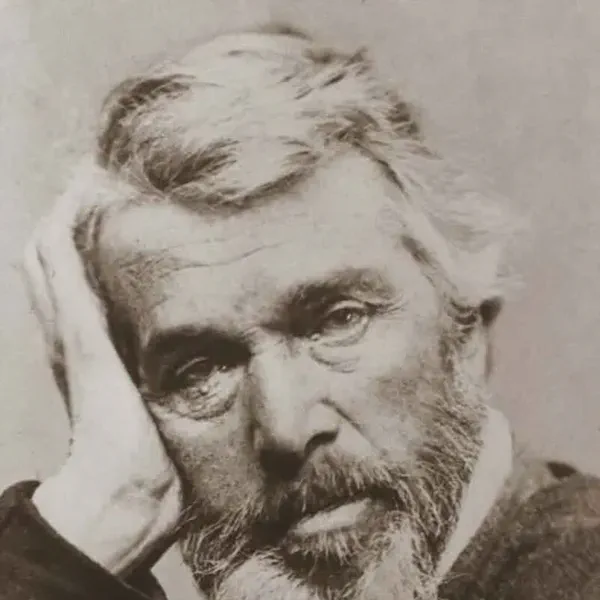
Thomas Carlyle, the Scottish philosopher, writer, and historian, was born on December 04, 1795, in Ecclefechan, a village in Dumfries and Galloway, Scotland. Carlyle became a prominent figure in the Victorian era and is known for his works on history, literature, and social criticism.
Birth House, in Ecclefechan, Dumfries and Galloway
Thomas Carlyle’s Birthplace is a house in Ecclefechan, Dumfries and Galloway, Scotland, UK, in which Thomas Carlyle, who was to become a pre-eminent man of letters, was born in 1795.
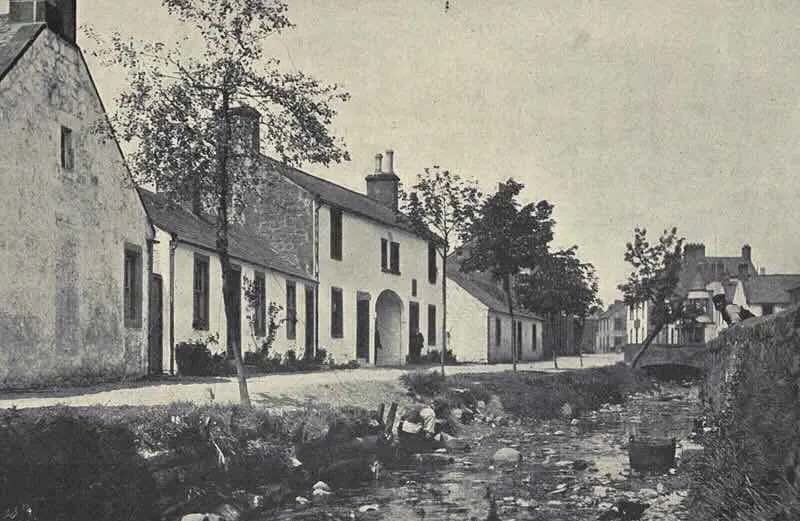
Early Life
Thomas Carlyle was the eldest of nine children. He came from a humble background, and his father, James (1758–1832) a stonemason, and Margaret Aitken Carlyle (1771–1853) in the village of Ecclefechan in Dumfriesshire in southwest Scotland.
Education
Carlyle received his early education in Annan and later attended the University of Edinburgh where he excelled in mathematics, inventing the Carlyle circle.
Carlyle circle
In mathematics, a Carlyle circle is a certain circle in a coordinate plane associated with a quadratic equation; it is named after Thomas Carlyle. The circle has the property that the solutions of the quadratic equation are the horizontal coordinates of the intersections of the circle with the horizontal axis. Carlyle circles have been used to develop ruler-and-compass constructions of regular polygons.
Literary and Philosophical Works
Carlyle’s notable works include “The French Revolution: A History,” “Sartor Resartus,” and “On Heroes, Hero-Worship, and The Heroic in History.” He is known for his complex writing style and profound insights into history and society.
Marriage to Jane Welsh Carlyle
Carlyle married Jane Welsh in 1826, and their correspondence provides valuable insights into their relationship and the intellectual and cultural life of the time.
Influence and Impact
Carlyle was a significant influence on other writers and thinkers of his time, including writers like Charles Dickens and John Ruskin.
Historical Perspective
Carlyle’s historical works, particularly “The French Revolution,” reflected his views on the impact of great individuals on history. He emphasized the role of heroes and leaders in shaping the course of events.
Later Years
Thomas Carlyle lived at Chelsea, London, in his later years. He continued to write and engage in intellectual pursuits.
Death
Carlyle passed away on February 05, 1881, at the age of 85.
Thomas Carlyle’s writings and ideas left a lasting imprint on Victorian thought, and his works continue to be studied and debated in the fields of literature, philosophy, and history.
More From This Day

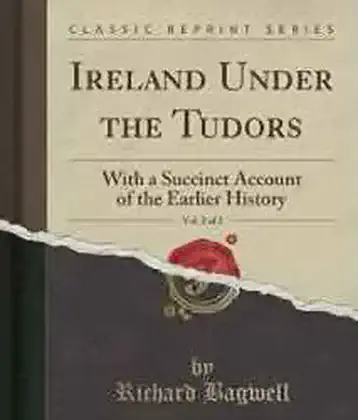
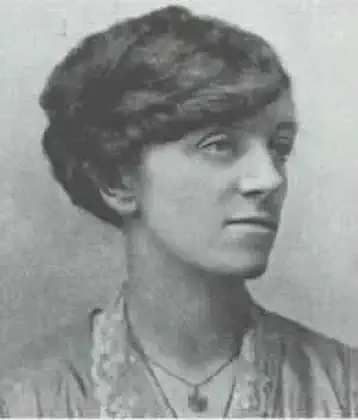
Winifred Carney, trade unionist and revolutionary, is born in Bangor, Co. Down
December 04, 1887
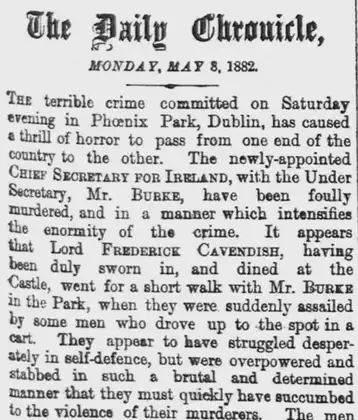
Special inquiry into the Phoenix Park murders, in which Parnell is falsely implicated
December 04, 1882
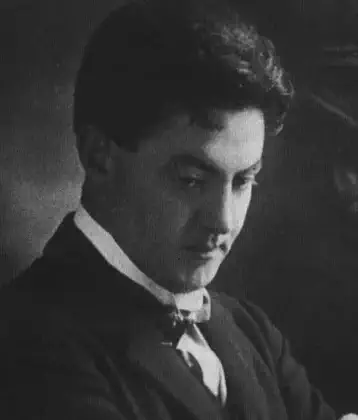
Sir Hamilton Harty, musician and composer, is born in Hillsborough, Co. Down
December 04, 1879
